It’s not enough to click ‘Upload’, dust off our collective hands and call it a day. Content doesn’t end once it’s live on the site, it’s a continual process of maintenance, updating, and benchmarking. Sure, we always do extensive research on every article we create regardless of the subject matter, but how can we ever be truly sure that the work we create has the right value to those that are reading it?
That’s what makes our work so special, because on top of collating information and collecting the hard facts we need to write about a topic, we also look into the most valuable data that content creators can get: feedback from our users. This defines a lot of what we do here at clovio, and it goes far beyond just ensuring we’re providing the right content for our readers…
Testing the Company’s Customer Support
Providing decent customer support is just as important as how well the program or service itself performs the tasks it was intended for. That’s why all of our reviews contain a section that details our experiences with the chosen company’s customer support.
We evaluate the versatility of the support options and even perform a test, donning the role of an ordinary customer and contacting the company with product-related questions. This way the speed, thoroughness, and courteousness of the customer support are put to the test, thereby directly enabling us to help our readers gain a better understanding of what to expect if they were to interact with a company.
Diving Into Social Media
Since our contact with companies is usually via email, phone, or live chat, when it comes to checking any given company’s social media output it comes down to taking a peek at the interactions. But actually, these short user reviews, complaints, and appraisals are a great asset for determining the general attitude that the wider internet has for a company and its products, as well as another way of critiquing its customer support.
But that’s not the only way social media helps guide us. Our own social media channels – whatever form that may take – offers us with a wealth of comments from our own followers, teaching us about what our community is looking for, the content it likes the most, or even answer any questions that we can about a partner’s product directly. Sometimes such questions even lead us to directly create an article just to answer the issue.
Visiting Reddit and Forums
There is no better way to get the best intel on what we’re testing than turning to large community forums and places like Reddit. These places are the perfect sources for understanding the ‘average user’ and how it interacts with a particular service – often surprising us with the varied and individual ways in which any given product is used.
And even if the vast majority of users are a bit biased – not that there is anything wrong with that – their answers are more genuine than anything else you could find online and, therefore, arms us with incredibly valuable information.
A Nod to Reader Emails
Even though we’re often confused with the very companies that our articles and reviews are talking about, emails from readers are still greatly appreciated by our team. In fact, reading these emails provides a huge advantage since they help us to learn more about particular companies, their customer support, and just how closely our experts’ opinions match with those of the very people using these solutions.
But most useful of all is when readers turn to us with questions about certain products and how to use them, which we always answer to our best of our knowledge. Much like any form of community interaction, these questions and feedback often end up as inspiration for future articles, whether that’s blogs, info pages, FAQs, or even reviews.
Improving Articles With User Reviews
Our job is never truly done once the content is published and the individual user reviews our users under our articles is the proof of that. These readers aren’t afraid of expressing their honest opinions about a particular product or service, and as such they are a huge asset to us.
On one hand this is because they help us to gauge interest in a product, but additionally they’re useful for picking up on smaller details that we may have missed. These small revelations in particular challenge us to stay up to date with our content all the time and to take a closer look at aspects of a product that may have changed recently, such as the price of the product, its overall quality, or the latest addition to the feature set.
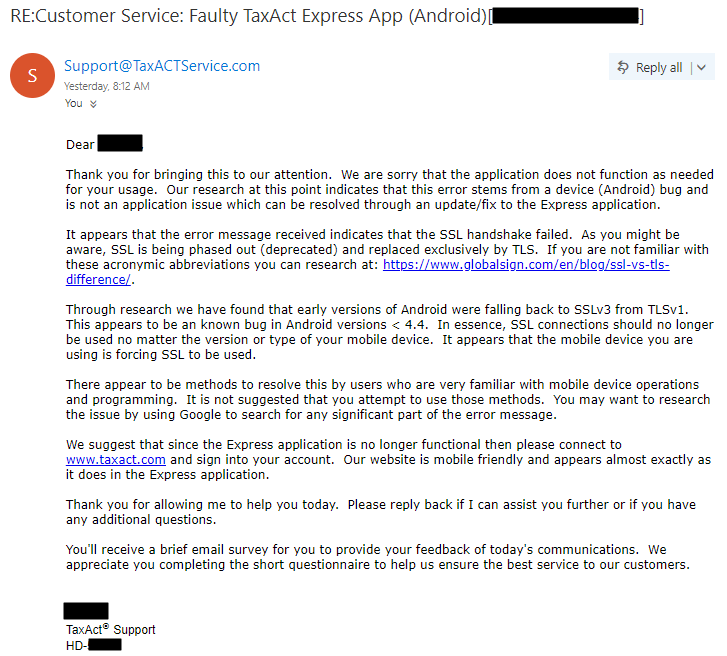
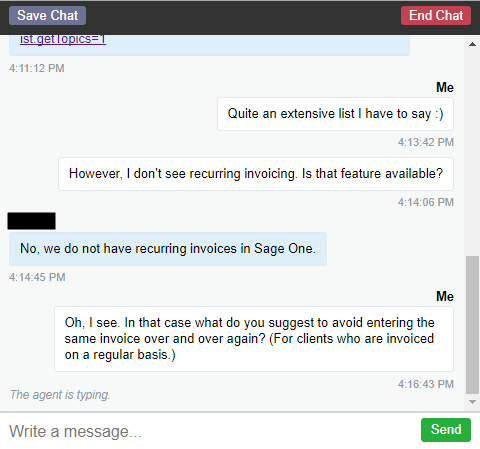
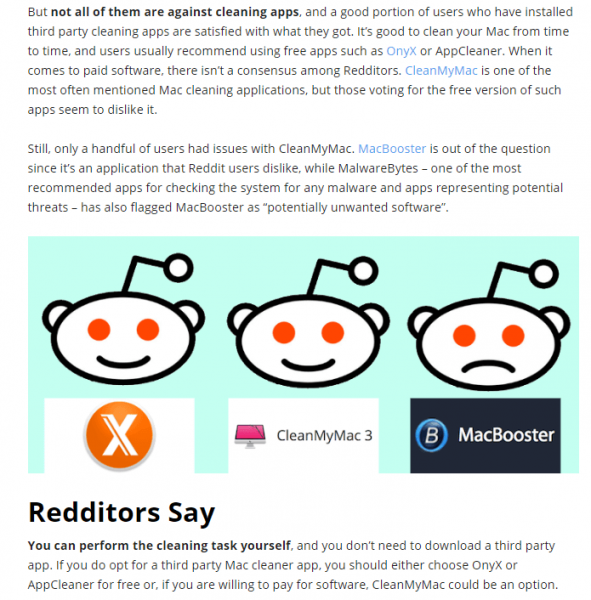

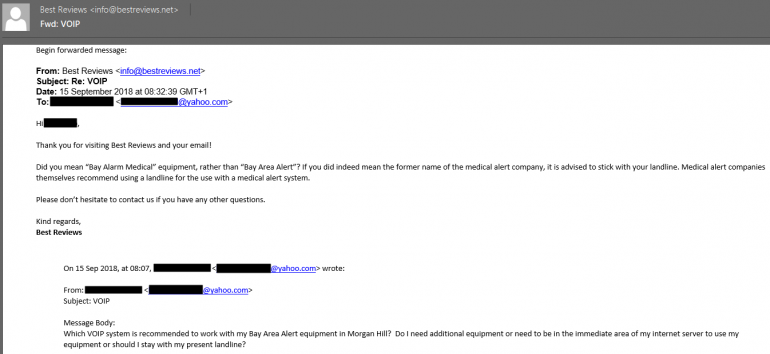
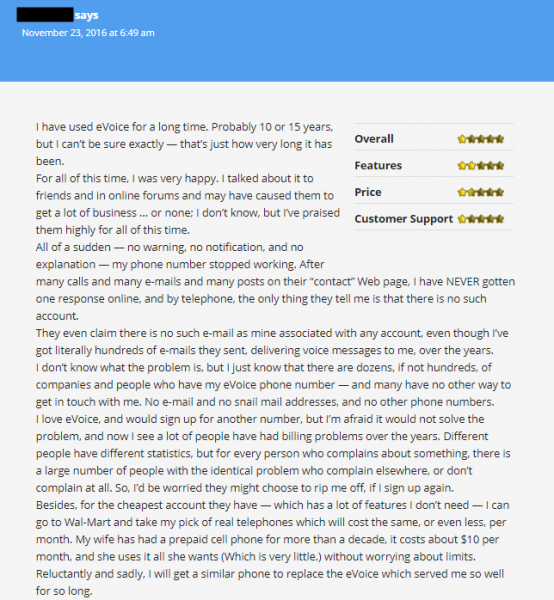
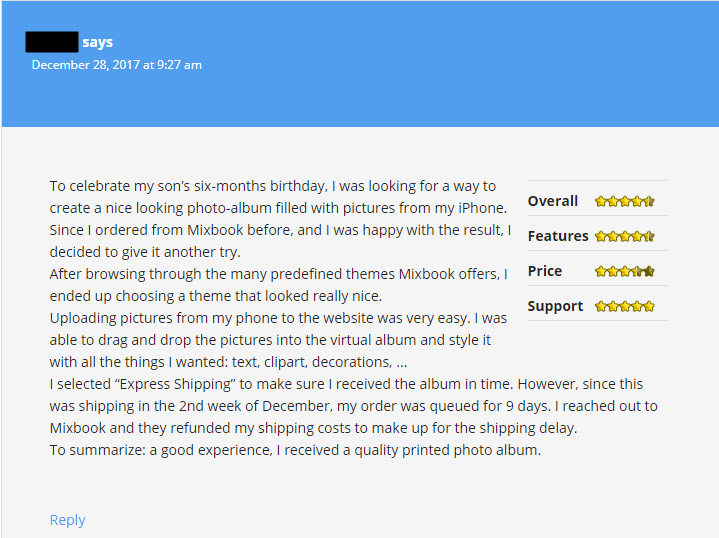
Leave a Reply